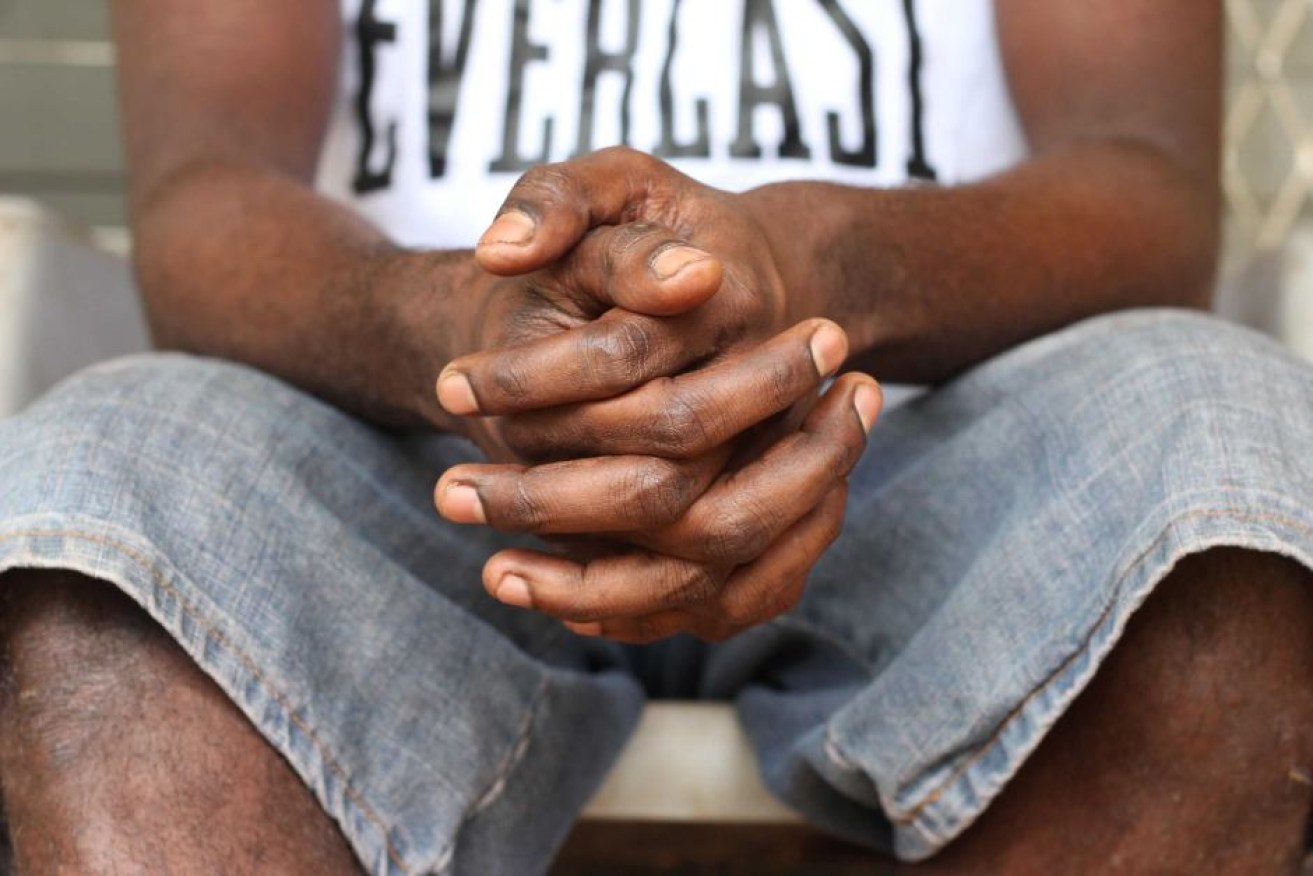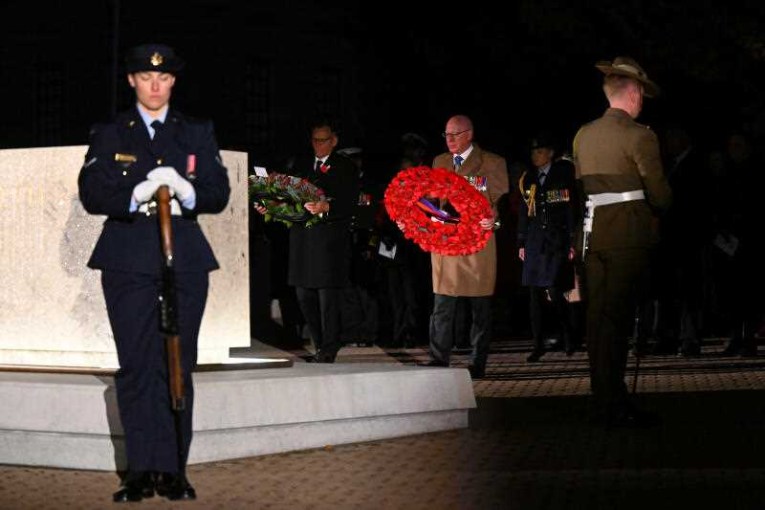‘Zero out of ten’: Indigenous youth rate levels of happiness

A number of young Aboriginal and Torres Strait Islander's rate their happiness as zero out of ten. Photo: ABC
Young Aboriginal and Torres Strait Islander men have lower rates of happiness than their non-Indigenous counterparts, with 10 per cent rating their happiness as zero out of ten, a new survey has found.
The Mission Australia Youth Survey spoke to 18,727 people — 1162 of whom identified as Aboriginal and/or Torres Strait Islander.
Young Indigenous men were most likely to report very low rates of happiness, though nearly 5 per cent of young Indigenous women also rated their happiness as zero out of ten. By contrast, just 1.2 per cent of non-Indigenous men and women had such a low score for happiness.
Young Indigenous people are also more concerned about bullying and more worried about their personal safety than other Australians, the survey found.
The survey results tie into what we already know about Indigenous disadvantage.
Last month global research found that young Indigenous men had the highest suicide rate in the world.
The Mission Australia report found that Indigenous people suffer psychological distress at twice the rate that non-Indigenous people do, and they’re much more likely to be hospitalised for self-harm, too.
Survey results ‘highlight feeling of hopelessness’
Tom Calma — the former Social Justice Commissioner who now works as the Chancellor of the University of Canberra — said the survey findings are upsetting, but not surprising.
“It really highlights the whole concern about hopelessness, and that they [young Indigenous Australians] can’t build a future if they’re not happy,” he told Hack.
The Mission Australia report highlighted some of the Closing the Gap targets that have been in place for several years. For example, First Australians are less likely to go to preschool, finish Year 12 and find a job than other Australians.
Young Indigenous people are also much more likely to experience homelessness than non-Indigenous people.
Just over one out of three has couch-surfed or spent time away from home because they couldn’t return, and around 15 per cent come from generations of unemployed family members. By contrast, one in eight non-Indigenous young people spent time away from home, and only 3.5 per cent came from “jobless” families.
Empowerment is ‘the key to change’
CEO of Mission Australia, Catherine Yeomans, said all Australians have a “moral, social and economic duty” to help end disadvantage for Indigenous young people.
“This is not a sustainable way for us to proceed as a nation and to me it suggests a divided society,” she said. “We need an urgent rethink of how we deliver programs to ensure we are working alongside Aboriginal and Torres Strait Islander young people to overcome the barriers in front of them – barriers that must sometimes seem insurmountable – leading to these concerning levels of despair.”
Dr Calma said the key thing is ensuring that support programs are created only after consultation with Indigenous people.
“Change will only happen if you empower those most affected to take control of that change,” he said.








